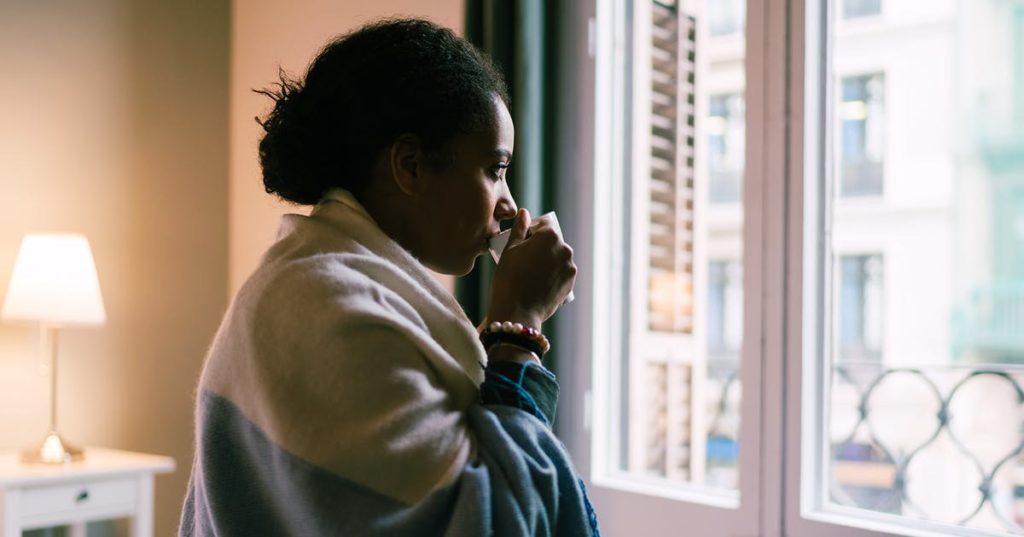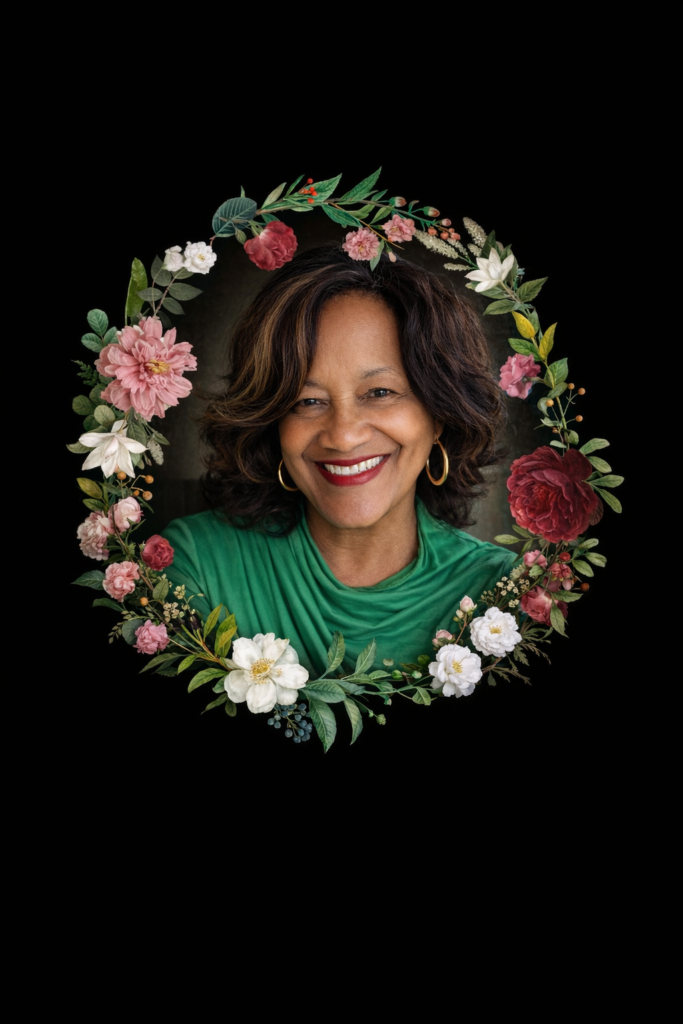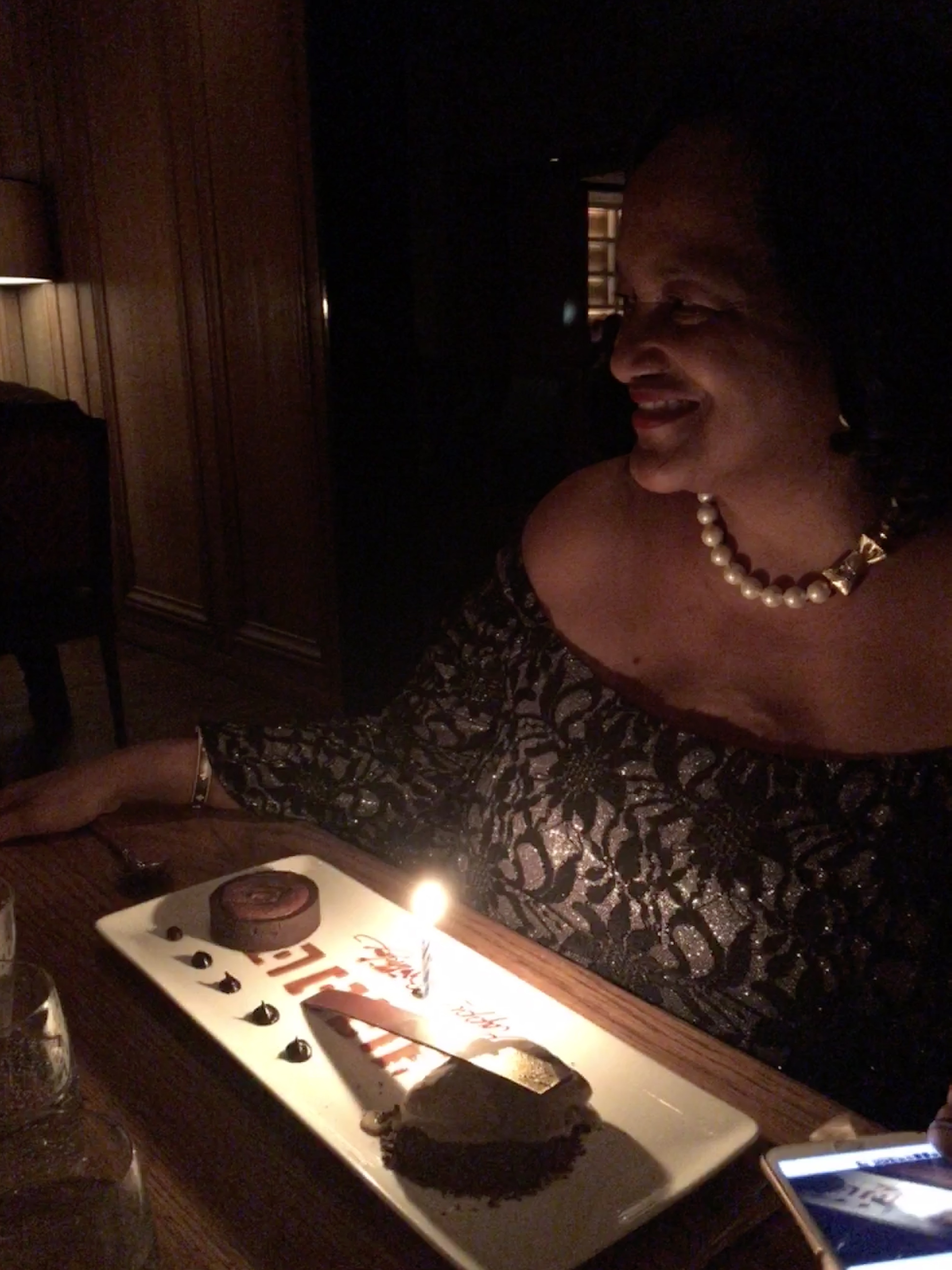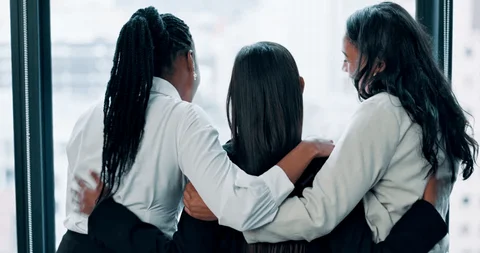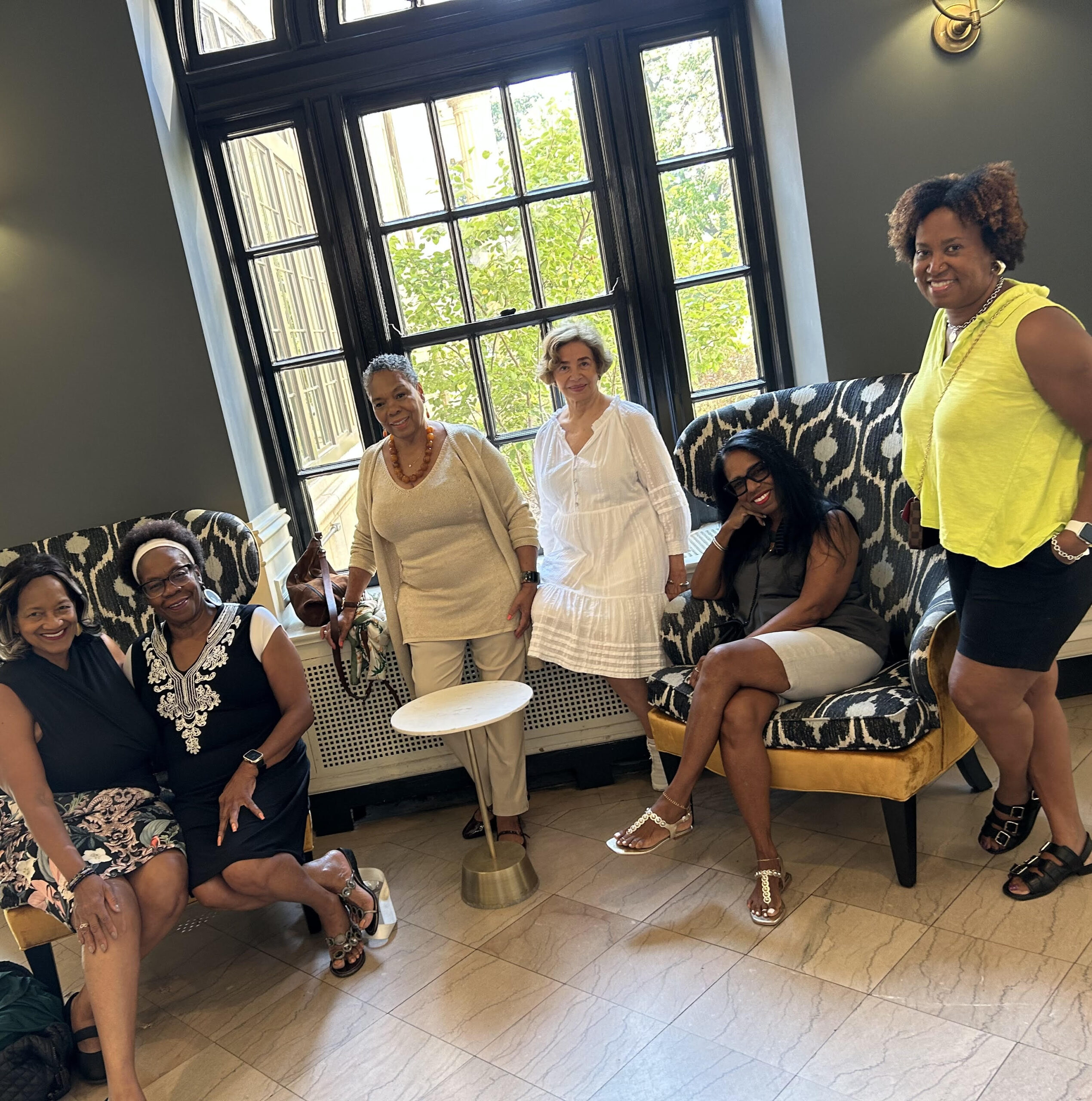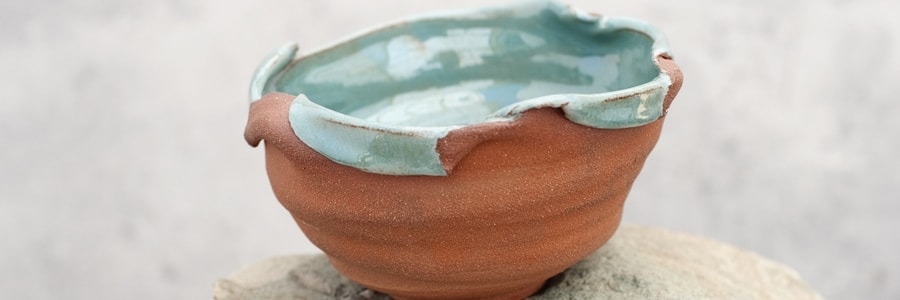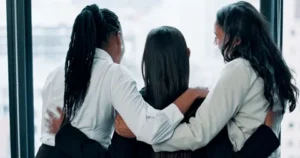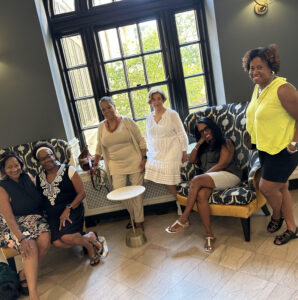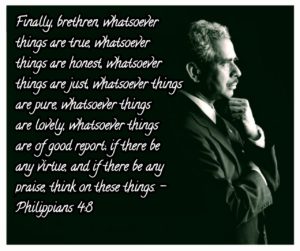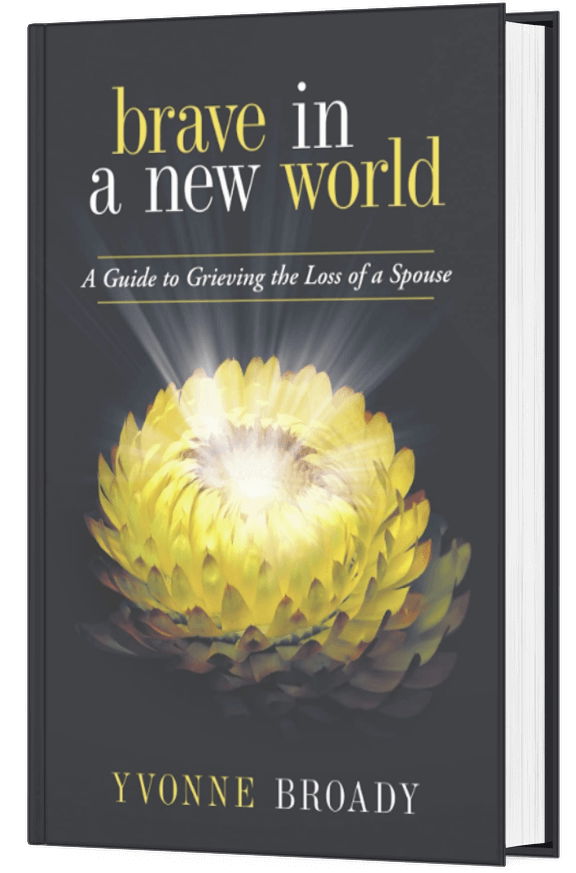I’ve been reading a lot of posts on various sites about how people are coping/or not with grief after loss. One of the most frequent questions one asks is, “How can I get past the pain?” People talk about how “they’ve lost a brother three years ago and it still hurts”, a “son who died six months ago and they can’t seem to get past the loss”, a “marriage to a husband for 47 years, and the person feels like they’ve lost a limb”.A recent loss of a spouse,the couple having been married for two years.It doesn’t matter the length of the relationship, excruciating hurt and pain is just that.Many people do not believe that they can ever get past the pain and torment.Those who have not lost a spouse or felt the loss of a loved one don’t always understand.
Getting past the pain of grief and loss is not easy. You can’t just shake it off or hide away for a month and emerge whole again. After the loss of a significant loved one, you are never the same. I will repeat: you will never be the same, nor should you or anyone else expect you to be. It’s like losing a puzzle piece. The missing piece represents the hole that has been created after the death of a spouse or loved one.
How then can we get past the pain and suffering that accompanies loss ? The first step is to allow yourself to grieve. This is the time to wail, scream, cry, jump up and down, rant at God.Do anything that helps you to release the pain. In the beginning of this process you will feel as if you are getting nowhere. But I can assure you that as time marches on, you will begin to feel a gradual easement of your excruciating pain. Some people are angry and need to express those feelings as well. They’re angry with a loved one who has died for having left them. There may be residual anger from circumstances that occurred during the time that the person was alive. That coupled with depression creates an emotional instability and stagnation that can block a person from moving on with one’s life. Sometimes people don’t want to move on with their life. A person may have the misguided sense that to do so would be a betrayal to the one they have lost. So they remain stuck in place, suppressing the grief, although feeling the pain so as not to lose the essence of their loved one.You can feel the pain of grief without really grieving. It’s like running in place.
There is a saying that time heals everything, but it is what you do with time that helps you heal. People do grieve in all kinds of ways. When grief is fresh, I would suggest that one should start to grieve immediately. This is when one should seek the help of a therapist or grief counselor. The one on one aspect of healing care will allow those who are not sure that they want to be in a group, to be able to express their feelings in a safe environment. These practitioners are trained to comfort and assist people who have acute pain after loss. When grief is fresh this is not the time to hold it all in as somewhere down the road, the grief will reemerge and may not be so easily assuaged.
The year that my husband died, at the beginning of my long grief journey, I was introduced to acupuncture. I was so out of it that when suggested, having no fondness for needles per se,I decided to give it a try, hoping it would help alleviate the deep ,deep sadness and pain I was feeling and dealing with daily. The depth of my grief was so great that I thought that this was my new normal and that I would never ever be able to escape from this new world that I found myself in. I went to acupuncture for many months, once a week at first, then twice monthly, and finally once a month. The series of sessions did help to lessen the pain and to decrease the anxiety that I was experiencing. I soon began to feel less anxious, nervous and full of despair. It would be a while before I understood that this was a new normal, nothing like my past life which included life with my husband. I was beginning to feel again and I was able to shake off the numbness that had permeated my being and left me exhausted and alive, but barely. One session, as I rested with little needles sticking out of my arms, head, and legs, I began to cry and cry. The tears streamed down my face as if flowing from a small waterfall. I missed my husband and just ached with a desire to see him just one more time. I would think of everything and weep silently. When the doctor came back to remove the needles I told him that I’d been crying. He said that that was good and then added, “cry cry cry weep weep weep. Rent a movie that makes you cry and watch it over and over and over again. Crying is good and necessary. It will help you to release the pain.”
He went on to say that when he was about to go to medical school and was in the midst of exams, he lost his fiancé to a drunk driver. He was heartbroken, but couldn’t deal with the pain and hurt, so he stuffed it away and never grieved. He said that that event had happened 20 years earlier and now he was beginning to deal with issues from that time. A few weeks passed, and before I went to my next scheduled appointment, I received a phone call from his office saying that the doctor was no longer available. He’d developed a brain tumor and could no longer practice medicine. I immediately thought about our earlier conversation and how his inability to deal with the pain and loss at that earlier time in his life, had only delayed the grieving process. Unfortunately, the longer it wasn’t dealt with a small rock became a huge boulder. His advice to me to get it out, was singularly the best advice I received early on after the death of my husband Chuck.I was learning how everything in life has a consequence, every action and inaction.
I recommend that those who grieve, should not delay beginning the process. It is true that everybody grieves in their own way and sometimes folks delay the grieving process to avoid the pain, but from my experience diving right in is preferable to waiting. By waiting you are actually doing yourself more harm than good. The journey will take as long as it needs to as time varies with each individual. But embarking on the journey is crucial to getting through the process. Sometimes individual circumstances can interfere with one’s ability to begin to grieve. Many have children to care for and other family obligations as well as jobs to go to. So it’s very difficult to fit grieving the loss of a spouse, or loved one into one’s everyday routine. But it is essential, we must become conscious grievers and we have to set aside time every day to mourn and become one with the grief.Sometimes caretakers begin the grief journey as they’re caring for an ill husband,wife, or parent etc.They’re not necessarily aware of this, but the long goodbye can jumpstart one’s grieving.There should be no stigma attached to grieving, feeling sad, or reaching out for help, this goes for men as well as women.Sometimes well-meaning family members can help us to suppress the grieving process, but we must follow our own path in order to maintain our mental and physical well-being.Myths about being strong, not showing weakness prevent us from grieving and letting go.
Here are some of the ways that one can begin to deal with devastation and torment after loss:
1. Bereavement groups- a group is great for those who are in a slightly advanced stage of one’s grief journey. Usually around four months after the loss, one should be ready to become a part of a bereavement group.After careful evaluation, you will be with others who have experienced loss. I would suggest finding a group where all the participants have suffered the same type of loss for example child, spouse, parent.In my case I was in a group where all of the participants’ spouses had been treated at the hospital where the bereavement group was now being held ,Memorial Sloan Kettering Cancer Center in New York City, and all of us had spouses who had died from complications of some form of cancer. A common thread helps the griever to feel comfortable as one begins to open up and share his or her story over and over and over again.This will become the greatest story ever told as you open up about your lost loved one, their lives, your life with them and their passing .You will find that group members will listen to you with rapt attention, and will understand your experience more than people who are closer to you.My bereavement was the place I could go and feel that everyone in the room understood me and what I was going through. The bond amongst members and,hopefully the gradual healing that will take place depends on your desire to be open, connect and not create obstacles that prevent you from being a part of this potentially importanat healing experience. This is the first step toward moving forward in the new world as we begin to share stories, ask questions, cry together and alone, and start to heal.
2. If you feel that you are losing your mind,forgetful, anxious, and hopeless then consult your physician. He/she will be able to evaluate you and decide on a course of action that can help alleviate feelings of depression, despair, and sadness.
3. You may also want to try an alternative health practitioner. They also can assist with devising a treatment plan that doesn’t rely on heavy-duty prescription drugs such as antidepressants.
4. I suggest other ways of coping and getting through the grief after loss in my book Brave in a New World, which is available on Amazon.com and other worldwide booksellers.
What I’ve written here are methods of coping and getting through the grief and pain after loss. Hopefully some of these ideas will assist those who find themselves grappling with the pain of fresh or residual grief, both of which can impact one’s life as they try to create a new one.
Getting past grief after loss is the hardest thing I’ve had to do in my entire life. The emotional impact, the pain, is a very life-changing and individual experience and it will take you places that you’ve never before encountered. Dark, lonely, numbing places. One may feel as if this will be a permanent state of being and ,it could be when grief becomes melancholia. To avoid reaching that stage, I would remind people that they begin to grieve consciously and immediately after fresh loss. Don’t try to distract yourself from the pain as it only prolongs the process. You want to reach the point where the pain becomes less acute and you’re able to lead a productive life as you begin your “new” normal. My friend, Dr. Lee, knew the results of delaying grief. He understood that the health issues he was experiencing 20 yearslater, was a result of his never having mourned a great loss in his life.
I knew, instinctively, that I had to begin to grieve, openly, honestly and deal with the unknown path that lay ahead.
It is a journey I never expected,but one I feel that I’ve navigated well. I availed myself of everything, from counseling, alone time, spiritual routines, and time with friends. I knew what I was experiencing was life-changing and although, initially I wanted to follow my husband HOME, I eventually came to know that I had my own path and this experience was one I was meant to have. I adjusted to my new life and embarked on a road that would lead me in a direction I did not choose but one I was given. I believe now that this is my destiny.
Allow yourself to grieve deeply,honestly,unabashedly after loss but be mindful of opportunities that will come from the experience.Don’t let a rock become a boulder.
Read more about navigating the grief journey and how I made it through in Brave in a New World: A Guide to Grieving the Loss of a Spouse at Amazonhttp://tinyurl.com/qghzw3e or Barnes and Noble, and allother e-booksellers.


